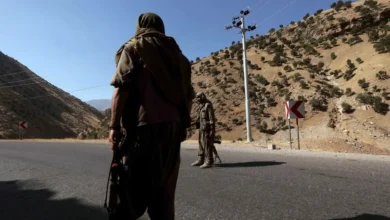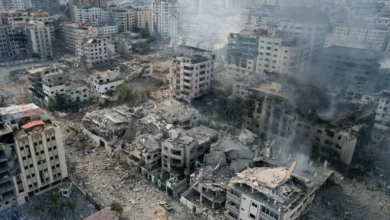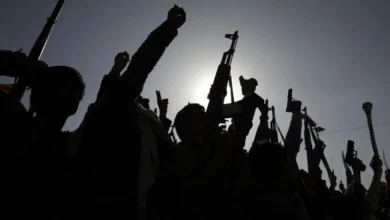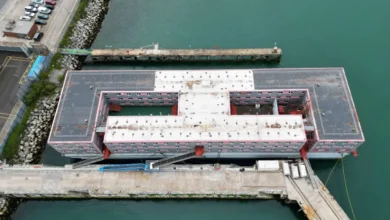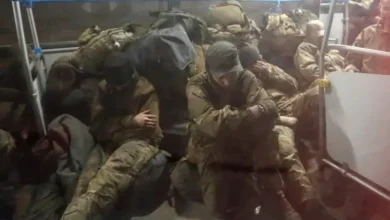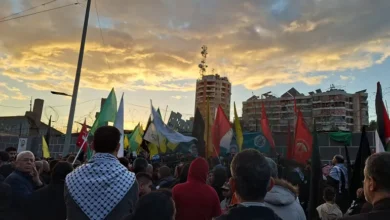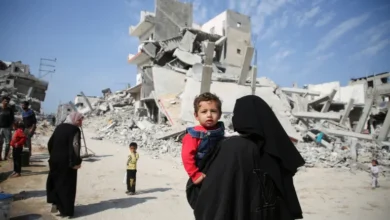Captured state: Israel 20 years after disengaging from Gaza
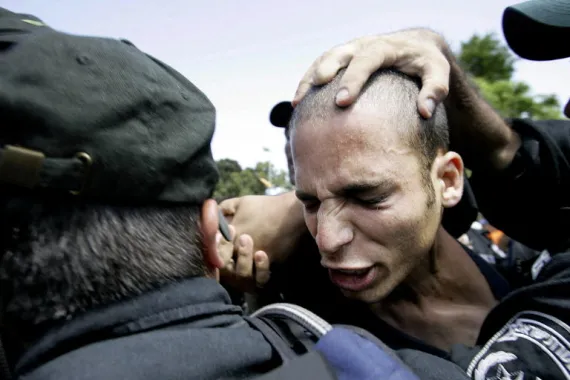
Twenty years ago this week, driven by a sense of curiosity, Yossi Mekelberg, now a senior consulting fellow with Chatham House, talked his way into a restricted Gaza to see firsthand the impact of Israel’s decision to disengage from the enclave.
“I joined a bus carrying settlers to one of the cemeteries in Gaza on the day of Tisha B’av,” he told Al Jazeera, referring to a day of mourning and fasting when Jews commemorate the destruction of their First and Second Temples and other historical tragedies.
“They were in a trance. They were wailing,” he said of the added poignancy of the disengagement falling on a traditional day of mourning.
“It was almost transcendental for them, like an out-of-body experience.
‘From political wilderness to the heart of power’
The impact of former Israeli Prime Minister Ariel Sharon’s decision to dismantle the 21 illegal settlements in Gaza extended beyond the enclave.
Massive protests erupted across Israel as the demolitions approached, and tens of thousands of settlers and far-right supporters took to the streets.
Roads were blocked, sit-ins staged and government offices occupied. Clashes with police and soldiers escalated, leading to mass arrests.
“I spoke to one of the settler leaders. He said it wasn’t over by a long stretch,” Mekelberg continued. “Giving up Gaza wasn’t like giving up southern Lebanon or Sinai [in Egypt].
“[For them,] giving up Gaza was the first step towards giving up the West Bank and the entire project of Greater Israel. He told me that the next time the government tried this, they’d be ready. He was essentially talking about civil war.”
However, Israel’s withdrawal from the Gaza settlements raised hopes among optimists that it was genuinely committed to a long-term settlement with the Palestinians – and to the two-state solution it had formally endorsed a decade earlier.
